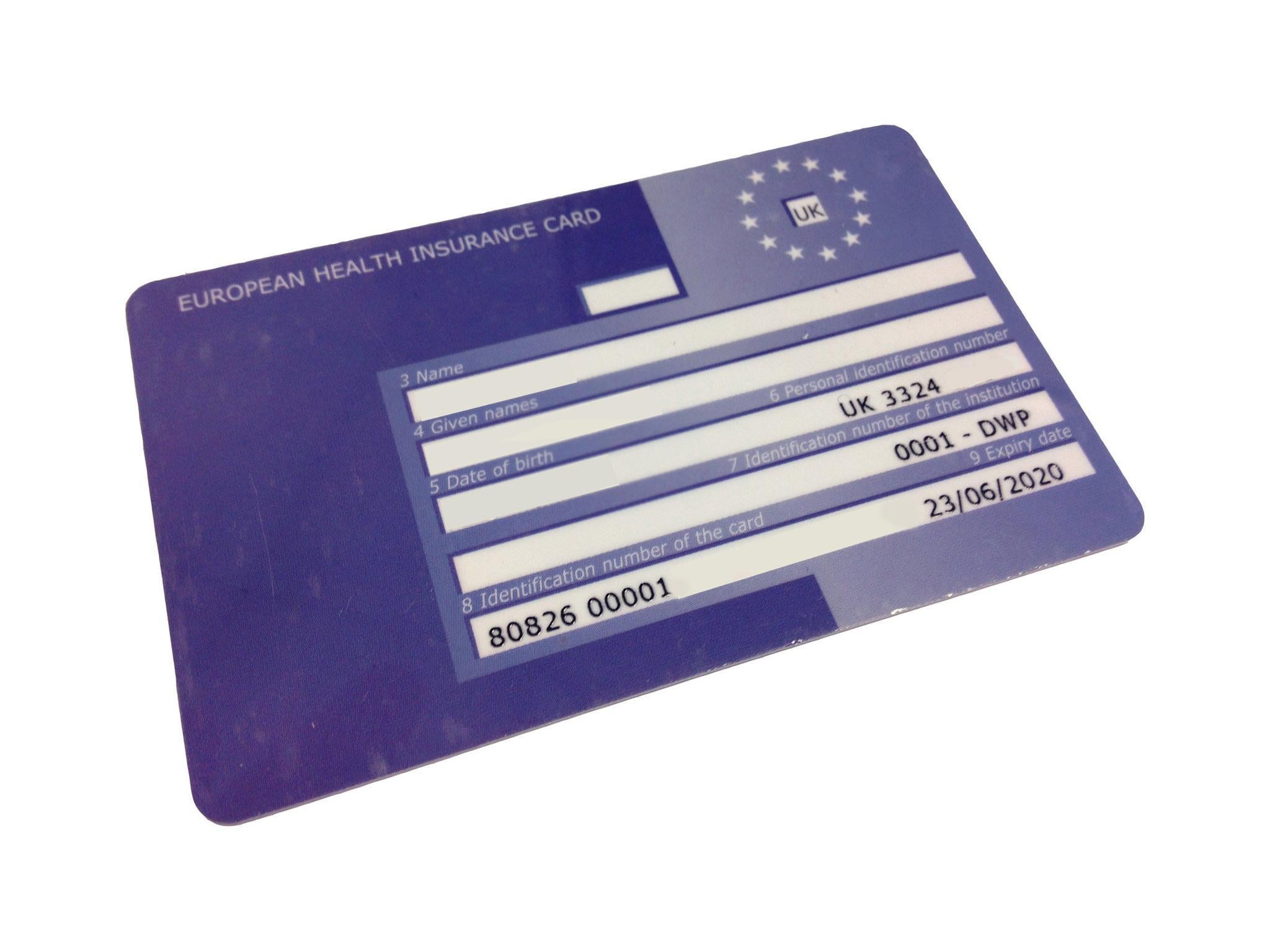Brexit travel question of the day: Simon Calder on access to healthcare in the EU
The UK is in the departure lounge – destination unknown. So all this week Simon Calder is answering your questions about the impact of the EU referendum result on travel

Your support helps us to tell the story
From reproductive rights to climate change to Big Tech, The Independent is on the ground when the story is developing. Whether it's investigating the financials of Elon Musk's pro-Trump PAC or producing our latest documentary, 'The A Word', which shines a light on the American women fighting for reproductive rights, we know how important it is to parse out the facts from the messaging.
At such a critical moment in US history, we need reporters on the ground. Your donation allows us to keep sending journalists to speak to both sides of the story.
The Independent is trusted by Americans across the entire political spectrum. And unlike many other quality news outlets, we choose not to lock Americans out of our reporting and analysis with paywalls. We believe quality journalism should be available to everyone, paid for by those who can afford it.
Your support makes all the difference.Q When will our access to medical care while on holiday in the EU end?
Julie W
A All EU citizens are entitled to public health care on the same basis as local people in all other EU countries. That generally means “nearly free” medical treatment, with some charges made in certain countries for things like prescription drugs. European Health Insurance Cards, though they are not legally necessary to claim this right, comprise a handy way to indicate entitlement.
My EHIC card says it is valid until March 2019 – but assuming the UK leaves the EU by then, it will cease to be of any value on the day we leave.
As with so many aspects of the decision to leave, the range of possibilities is wide.
If no similar arrangements are put in place, then travellers will no longer be able to rely on care from public health providers. The back-up will be travel insurance, though this is a personal choice rather than an individual entitlement.
Travel insurance premiums would rise because the cost of claims will increase. Older people, particularly those with pre-existing medical conditions, will be disproportionately affected. Remainers may note, unkindly, that older people voted in the greatest numbers to leave.
However, before joining the EEC (as was), the UK had reciprocal health agreements with many European nations. We still maintain bilateral deals with 16 countries, such as Australia, New Zealand and the former Yugoslavian republics of Macedonia, Montenegro and Serbia. It is likely that a similar range of deals would be concluded with some or all EU members.
Every day, our travel correspondent Simon Calder tackles a reader’s question. Just email yours to s@hols.tv or tweet @simoncalder
Join our commenting forum
Join thought-provoking conversations, follow other Independent readers and see their replies
Comments